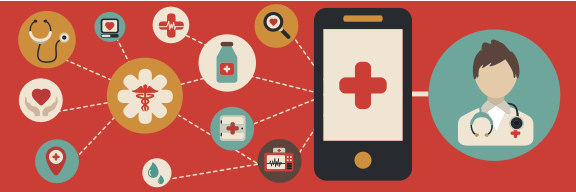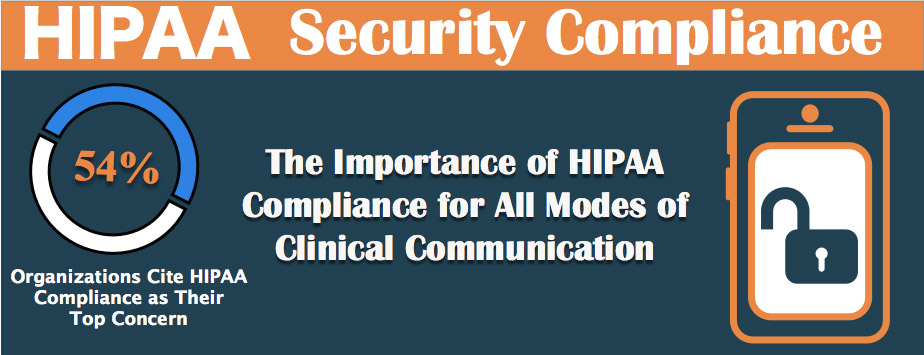Do you still loathe healthcare industry for being cut off from all the innovations going around? Does it really bother you that such immunity might repel innovators and deprive you of best patient care? If you do, this post is for you. You might agree that healthcare providers have always had this greatest challenge of improving care while cutting cost, due to limited or no means available to get patients to provide relevant information when needed.
With the proliferation of Mobile health in healthcare is a step in right direction. Mobile health is reinventing the business models which focus on patient care and keeping patients healthy so as to avoid treatment has led to huge opportunities being created for entrepreneurs, who aim at bringing innovation and bridging the gap between healthcare and technology.
In 2014, venture funding for these start-ups hit a record $4.1 billion. Some of these new crop of startups like Fitbit, One Medical, ZocDoc have gained strong momentum and are already vying for their share in the multi trillion USD healthcare market by addressing the pain points that loomed large over healthcare industry for long.
Being consumer centric
Companies such as Brighter, jiff and Audax Health have proved that connecting with consumers through consumer focussed portal can lead to growth and sustained revenues. They focused on consumers and were able to establish links with insurers, hospitals, payers, claim companies i.e, the business side of healthcare industry. Having consumer engagement and adoption from the beginning has the potential to automatically grab the attention of payers, enterprises and insurers alike, as they can now analyse the market demand from end users.
Convenience at a minimal cost
We are in an era of outsourced life and we are loving it the way it is now. On demand services has broadened our imagination to an extent that we as consumers now want our physicians to be available on the click of a button. Who wouldn’t want that, right? Companies such as Zocdoc(for scheduling appointments), One Medical(for doctor visits) saw this big opportunity and gave consumers what they were looking for – Convenience coupled with an experience that is highly gratifying.
Connectivity to relate and share
Will you share your health details with a stranger? Probably, NO.
But we all are social animals, we can’t survive in seclusion especially in difficult times. We want someone; people who are going through the same phase as us to connect to, ask for help and learn. Connectivity on a vertical network between consumer to consumer, expert to expert as well as horizontal networks ie; between experts and consumers was the need of masses. Companies like Fit Mob, Retrofit, Doximity gave people much needed connections: by people for the people networks seems to have struck the right cord. What say?
Can it be made wearable?
What if someone could tell you about your posture – whether good or bad – while reading this blog? Would you ignore the suggestion? Well it’s true . No one would, because we are all very conscious towards our health. As technology is taking leaps and wearables already becoming an indispensable part of healthcare, we have started to expect more as consumers. It’s just a matter of time when these wearables will track continuous health data, while interacting with other devices and giving us feedback from experts. Companies like fitbit(health trackers), Halo Neuroscience(brain wave sensing) have taken steps to incorporate and adopt this model leading to breakthrough innovation in patient care.
Healthcare has always been a challenging industry to navigate because of strict laws and regulations governing it. Startups are increasingly focusing on building strong consumer user base in order to compete for a share in the multi trillion dollar opportunity placed at their disposal. Are startups going to make a lasting impact on healthcare? Only time will tell, but being a part of an industry that’s never constant and as newly empowered consumers, lets hope for the best.






